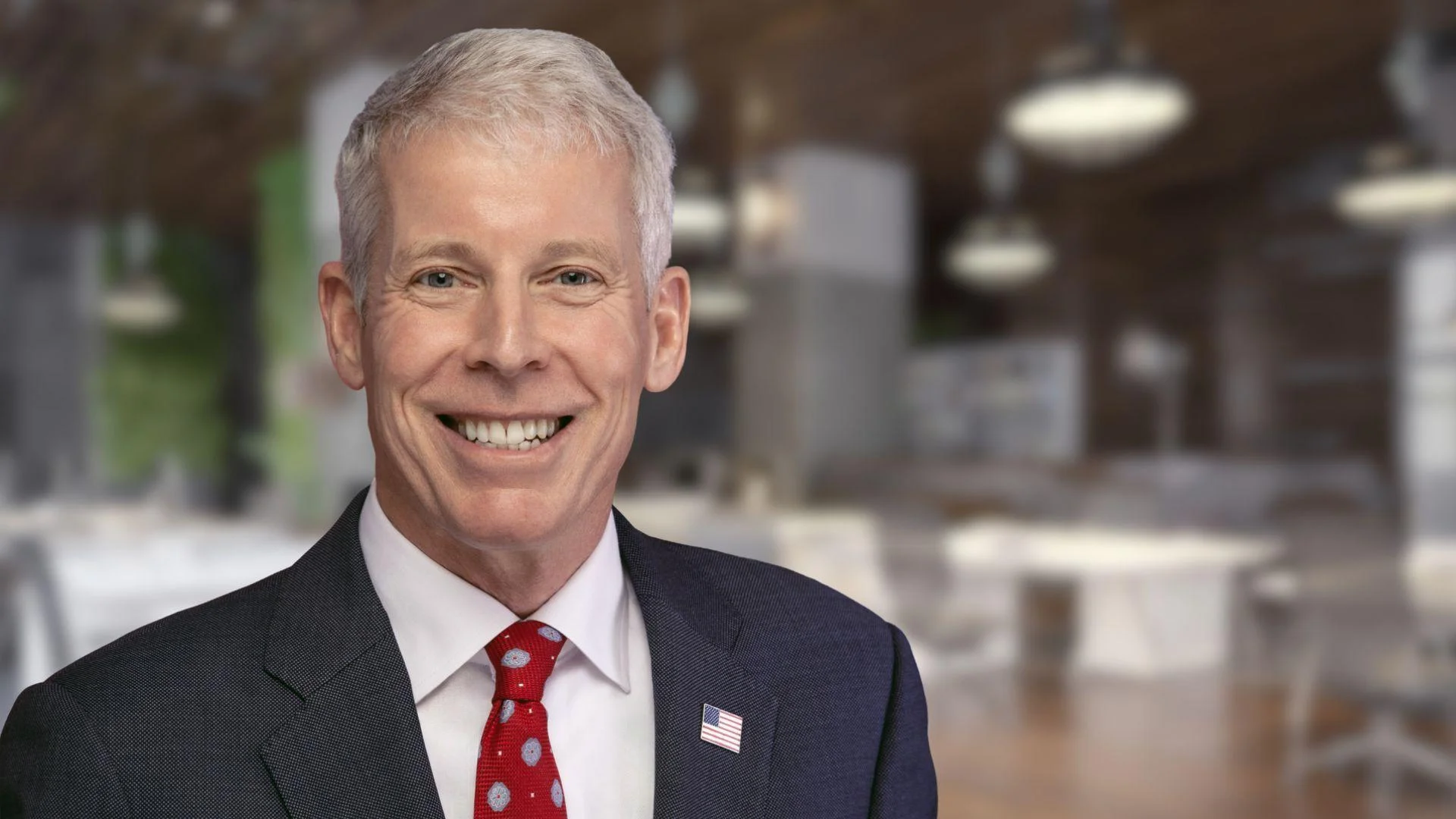The U.S. Department of Energy has announced via X that President Trump is accelerating domestic lithium development to bolster U.S. supply chains and decrease reliance on foreign adversaries.
According to Reuters, this announcement aligns with broader administration efforts to bring critical mineral supply chains back to the United States, which are considered strategically vulnerable to China. Recent initiatives include a U.S.–Australia critical minerals framework pledging up to $8.5 billion for development and refining projects, along with increased federal support for processing capacity and allied supply agreements. These measures aim to mitigate dependencies that expose U.S. manufacturers to geopolitical risks and export controls while strengthening domestic industrial capacity in energy storage and defense applications.
The Department of Energy (DOE) reported that federal support has focused on projects expected to deliver measurable output and jobs. The DOE’s Loan Programs Office indicates that Thacker Pass is designed to produce approximately 40,000 tonnes per year of battery-grade lithium carbonate, with construction supporting about 1,800 U.S. jobs. Once operational, this capacity would significantly enhance domestic availability of a crucial battery component and help stabilize manufacturing schedules for vehicles and grid storage, aligning with supply-chain resilience goals emphasized by the administration and Congress.
According to the International Energy Agency (IEA), global refining remains concentrated abroad, highlighting the need for U.S. expansion. The IEA estimates that China accounts for roughly 60–70% of lithium refining as part of a broader concentration where the top refining nations’ market share rose to 86% by 2024. Supply growth in critical minerals has been led by a single country in several segments, increasing the risk that trade restrictions or policy changes could impact clean-energy supply chains. Building domestic and allied capacity aims to counteract these systemic pressures.
Established in 1977 under the Department of Energy Organization Act, the DOE traces its origins back to the Manhattan Project and consolidated energy programs scattered across the federal government. Headquartered in Washington, D.C., the DOE oversees national energy policy, manages the nuclear weapons complex, and advances science through its national laboratories, positioning it as a central player in U.S. energy security and technology leadership, according to its official website.




